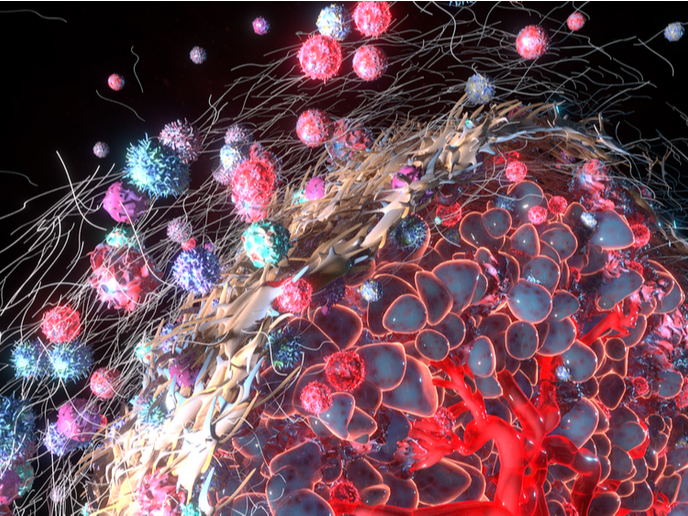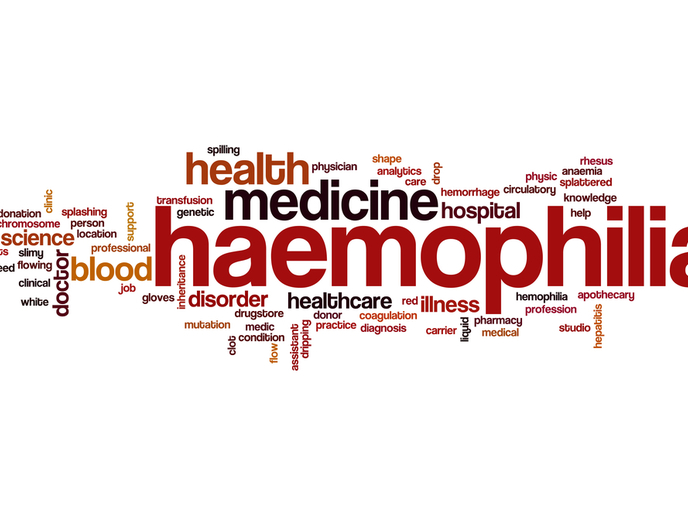How metastasising tumours reprogramme healthy cells to help them spread
Mortality from breast cancer is almost exclusively the result of tumour metastasis, the process where cancer cells travel through the blood or lymph system to form new tumours in other parts of the body. As advanced metastatic cancers are currently incurable, the key to treating them lies in better understanding the biology of tumour metastasis. “The early stages of metastasis, between the resection of the primary tumour and the diagnosis of clinically evident metastasis, represent a ‘black box’ in human patients, limiting our ability to predict or prevent metastatic relapse,” says Neta Erez, who heads the tumour biology laboratory at Tel Aviv University. “Uncovering the mechanisms that underly the metastatic process is the most significant and urgent quest in cancer research today – and an essential prerequisite for discovering new therapeutic targets.” Through the EU-funded MetCAF (Uncovering the Role of Cancer Associated Fibroblasts in Facilitating Breast Cancer Metastasis) project, Erez and her lab set out to address this knowledge gap.
Cancer-associated fibroblasts
The project, which was supported by the European Research Council, aimed to uncover the changes in the lung metastatic niche that facilitate and enable the growth of disseminated breast cancer cells. To do this, researchers focused on characterising the changes in cancer-associated fibroblasts (CAFs), stromal cells in the lungs that are ‘reprogrammed’ to support tumour cells. “We previously discovered the role CAFs play in mediating tumour-promoting inflammation,” explains Erez. “This research expands on this prior work to better understand the role CAFs play in the formation of a permissive metastatic niche that enables the growth of disseminated tumour cells.” After overcoming some issues with isolating fibroblasts from the lungs in a robust and reliable manner, the project has made several important findings. For example, by demonstrating the heterogeneity and plasticity of CAFs in breast cancer metastasis, researchers were able to identify the factors that cause CAFs to be ‘rewired’ into tumour-promoting mechanisms. Researchers also demonstrated that CAFs support the formation of lung metastases by mediating inflammation and modulating the function of immune cells to create a hospitable metastatic niche. “When fibroblasts sense tissue damage, they activate fibrosis and inflammation that enable breast cancer metastasis,” remarks Erez. Investigating the origin of CAFs, researchers discovered that a substantial subpopulation of CAFs don’t actually reside in the lungs as once thought, but are recruited from the bone marrow. “These bone marrow-derived CAFs have distinct functional roles from resident CAFs and are important for inducing the formation of new blood vessels that support tumour growth,” adds Erez.
Facilitating metastasis
Although research remains ongoing, the MetCAF project has significantly advanced our understanding of how metastases-associated fibroblasts co-evolve with tumour progression and promote metastasis by mediating inflammation and modifying the immune system. “The key takeaways from this project are that the tumour microenvironment is extremely heterogenic and that fibroblasts play an important role in facilitating metastasis,” says Erez. Of course, none of these findings would have been possible without the support of a stellar team of students and postdocs. “These PhD students and postdocs spearheaded the experiments and the discoveries,” adds Erez. “I am extremely proud of the excellent and independent scientists they have become.” The research team is currently working to characterise the immune microenvironment in lung metastasis at the single-cell level. Erez is also in the process of expanding her research to include bone and brain metastasis – two of the most common sites of breast cancer distant metastasis.
Keywords
MetCAF, metastatic, cancer, cancer research, tumour, tumour metastasis, fibroblasts, breast cancer







